Exchange: Covid-19 has painted the world burning red – but there is light ahead
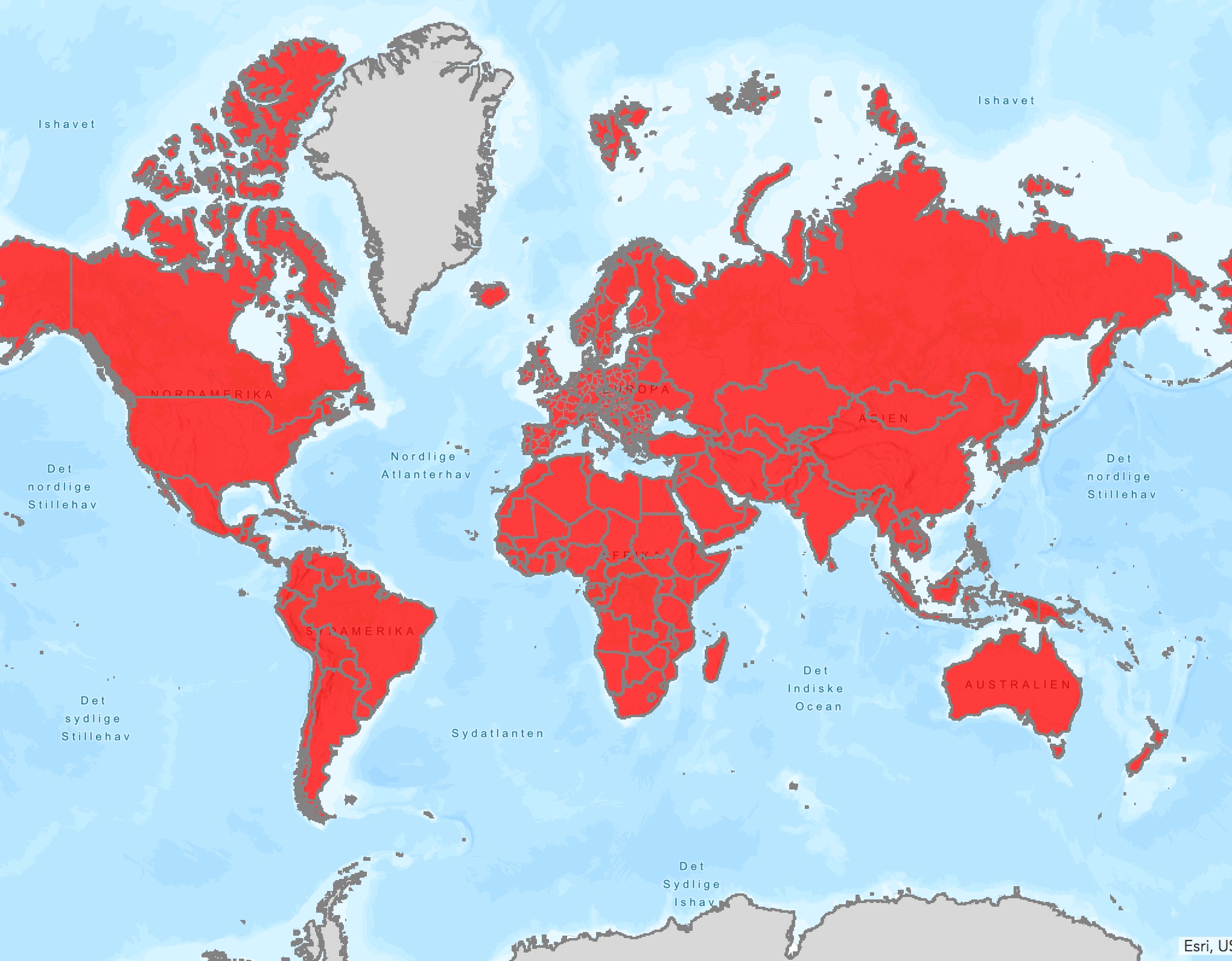
The travel advice for the world is clear: don't! The map is from the Ministry of Foreign Affairs in Denmark.
This semester, Covid-19 has canceled close to all exchange activities - including scheduled exchange trips for entire programs. CBS’ Vice Dean for International Education compares the past year to a traffic accident. However, the downtime Covid-19 causes is not wasted, as CBS is working with international universities on new forms of international education.
In January, students from abroad usually come to CBS for a semester, while CBS sends students to foreign destinations for scheduled exchange trips. But there will be none of that this semester.
Visit the website of the Ministry of Foreign Affairs in Denmark to check for updates and the advice is simple: do not travel. Anywhere.
The message is underlined with a world map in burning red.
“There is close to no activity at all. We have only a handful of students on exchange, and our scheduled exchange trips for the Shipping students and the IBA programs are off. It’s really sad, and there’s nothing positive to say about it, really,” says Martin Jes Iversen, Vice Dean for International Education at CBS looking back at turbulent year for international education.
“At first, we had about 50 students who couldn’t go on exchange. Now there are closer to 1,000. It’s a bit like a traffic accident. Your bike chain falls off and then you see the truck come crashing over you,” he says.
Especially for the students who have scheduled exchange trips, meaning that exchange is a mandatory part of their program, solutions are being prepared.
“We already have a deal with Shanghai Maritime University about sending 12 to 14 students off to a voluntary summer school for four weeks. This year, we want to give all the students of the program a chance to go. It’s not a full semester, but it’s something. In exchange, Shanghai Maritime University can send students on exchange to CBS,” explains Martin Jes Iversen.
Covid-19 sparks international collaborations
In fact, the downtime caused by Covid-19 has speeded up collaborations and initiatives to make international education possible – even from home.
For exampla, last semester, CBS, the University of St. Gallen in Switzerland and Vienna University of Economics and Business in Austria launched an initiative to give students from the three universities an online exchange experience.
Each of the universities offered a range of electives for the students to take online, and now an additional six European universities are joining the initiative, named ECOL, starting from next semester.
“Each of the nine universities will be offering three electives for bachelor’s students, and the principle is that the electives will represent each of the universities. So it will not be electives in statistics or finance or something along those lines, but subjects that represent the core of the universities. In that way, the students can gain an international dimension to their degree, but without actually going abroad,” says Martin Jes Iversen.
He explains that in the first months of Covid-19, a lot of the time was spent on solving urgent problems, such as getting students home from abroad. But the downtime has also worked as a catalyst for new initiatives and new collaborations to create alternatives to the exchange formats already known.
“Even before coronavirus, we had thought about devising an online elective exchange scheme, but covid-19 just speeded up the process. And then I think it’s important to underline that ECOL will not disappear when we’re done with Covid-19. It’s intended to continue,” he says.
According to Martin Jes Iversen, CBS will spend the time ahead identifying which three courses will represent CBS in the ECOL initiative.
More CBS students want to go abroad
Although the spring semester is known as a semester with less travel activity, the same cannot be said about the autumn semester. Although only 234 went on exchange trips abroad last semester, compared to 1,088 the year before, it looks as if a lot more CBS students will be packing their suitcases and going abroad this autumn, if covid-19 allows it, according to Martin Jes Iversen.
“Some positive and surprising news is that CBS students really want to go abroad. In fact, we have seen a rise in the number of applications for exchange trips. Last semester, 1,364 applied for exchanges, whereas we have received 1,498 applications for exchanges for the autumn. And that makes me really happy,” says Martin Jes Iversen.
From his perspective, there are two things about the rising number of applications that he wishes to highlight.
“There’s no doubt that a lot of people are longing to go abroad after a long while with no traveling whatsoever,” he says and continues:
“On the other hand, the figure shows that CBS is an international university. It is in our DNA to seek an international perspective. And it’s an important signal to send, as a lot of things are pointing in a different direction, at the moment. More and more people want more nationalization and fewer English-taught programs, and more demands are being put on the international students who come here. That’s not to say there may be some reason for that, but we need to take up the fight and show why international education is important and that it matters.”





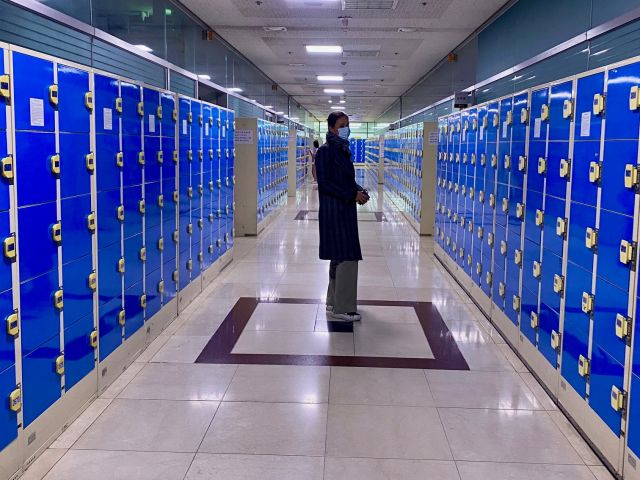
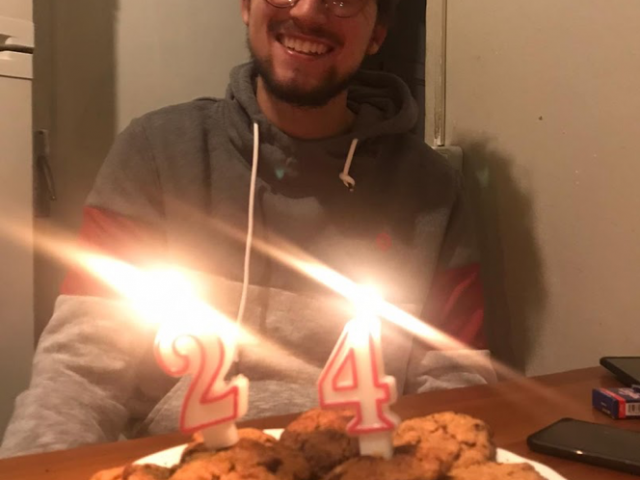

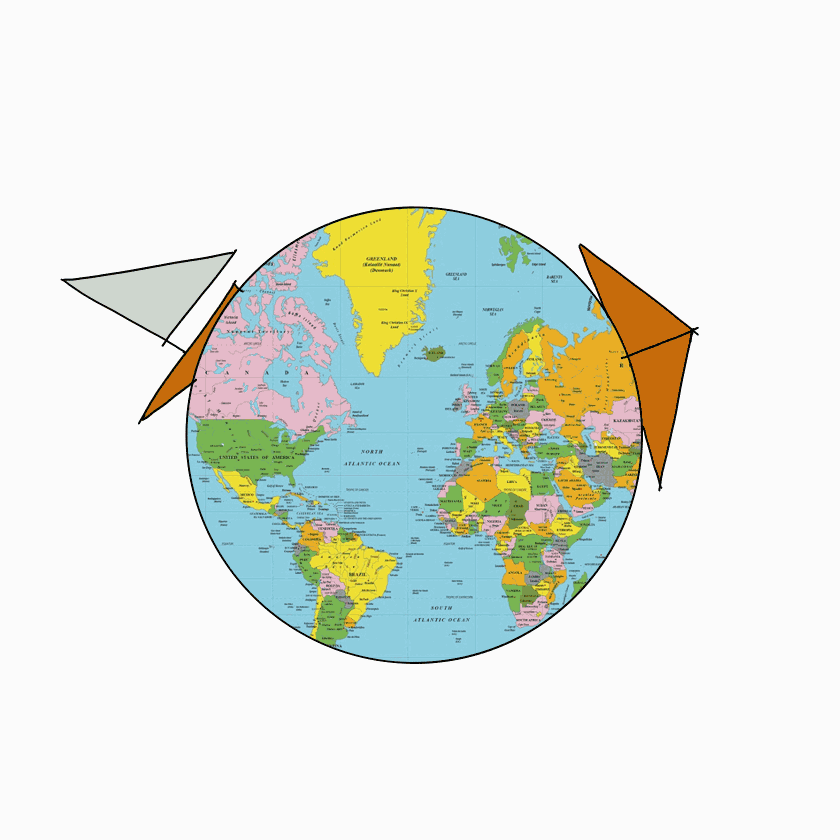
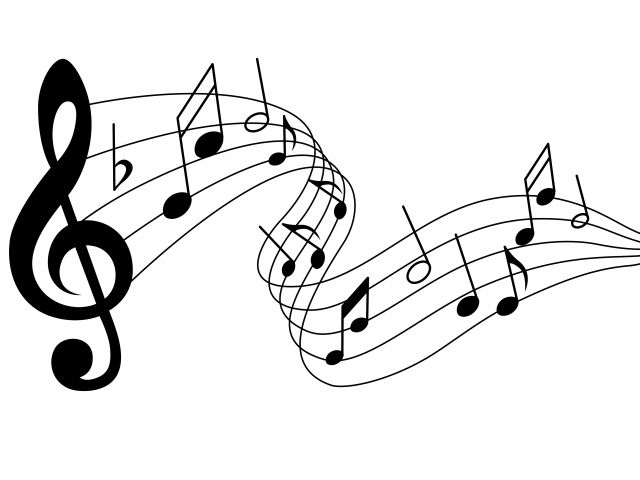
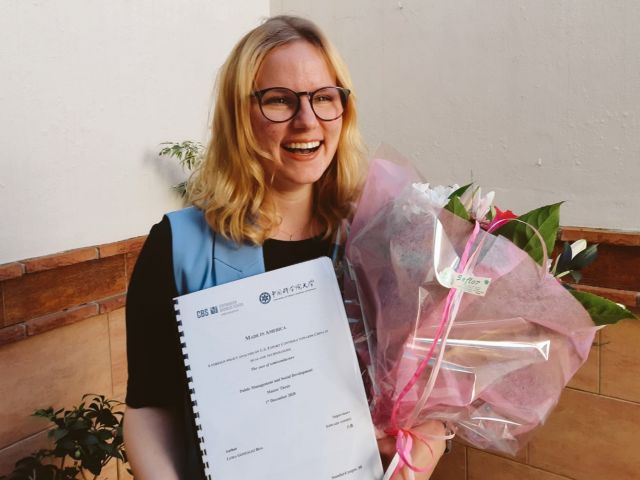




























































































































Comments